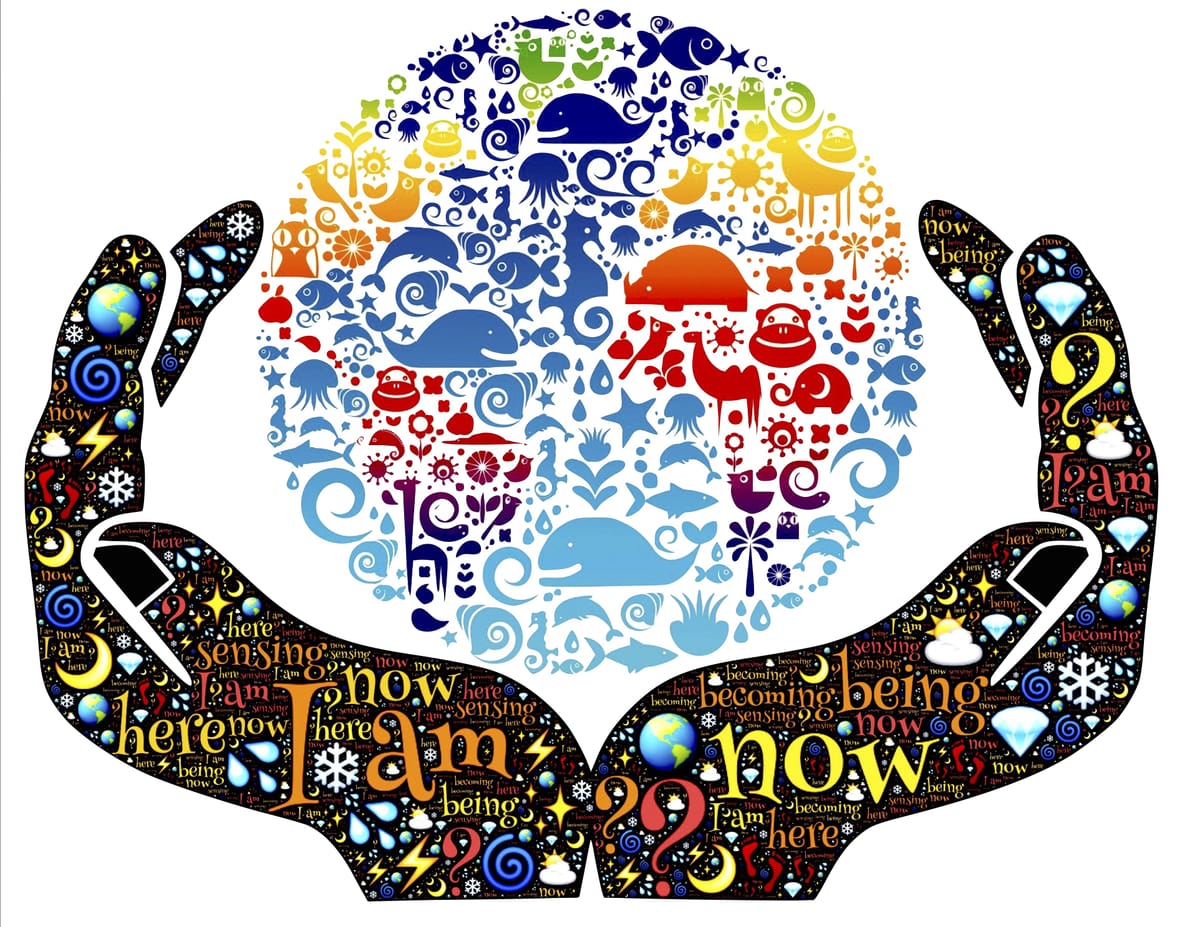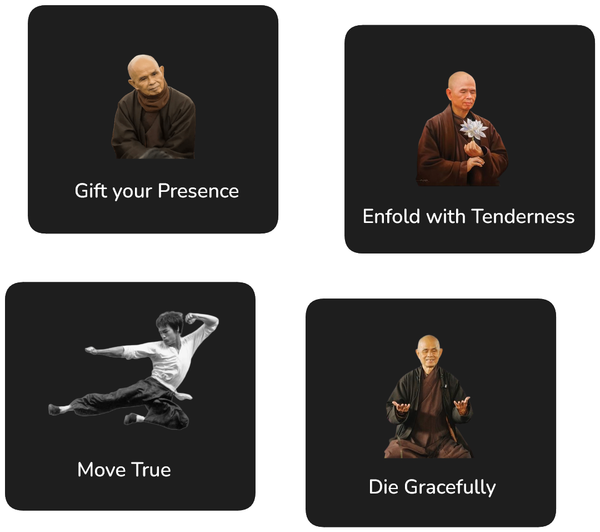Practice: Gratitude

Positive psychology is a branch of psychology which focuses on what makes people happy and well. Gratitude has featured prominently in many studies in the field of positive psychology (see chapter Gratitude and the Science of Positive Psychology) since it has been shown that being grateful has many benefits for our emotional well-being.
Many world religions feature gratitude as an essential component to faith. One should express gratitude towards a higher being for all the good things experienced. Anyone who has felt gratitude can appreciate that it has a deep, spiritual quality just like forgiveness. Gratitude washes over us and gives us a glimpse of a higher, happier and more balanced state of being.
As such, practising gratitude is a prudent exercise to undertake in order to become more mindful and enlightened. The following simple practice aids with that:
- Take a deep breath in, then slowly exhale. Repeat for three times.
- Think about what a wonder it is that you are alive. Be grateful for the ability to think and feel and just be.
Many gratitude exercises suggested by positive psychology focus on identifying persons or events for which we should be grateful for. I do not doubt that this will help us to foster more virtuous emotions within ourselves and improve our relationships. However, I think that contemplating the very nature of our existence and finding within us gratefulness for the miracle of our being helps us become grateful in a deeper and more meaningful way. If we embrace this kind of gratitude, we are on the way to truly become more wise and enlightened.
If in contrast we would be grateful for particular things in our life, the question arises how to react if these are taken from us. For instance, one might be grateful for the good health of ones children - but what do we do if a child falls sick?
Buddhist teachings recognise this difficulty and instead encourage us to seek detachment and equanimity. This gratitude practise is somewhat in alignment with this strive for equanimity since we are less likely to focus on ephemeral situations in our lives. However we need to keep in mind that being grateful for being alive should not turn into an unhealthy attachment to our continued existence. To achieve true enlightenment, we must not be attached to being alive but accept in full that our lives are transient.
Image Credit: johnhain





